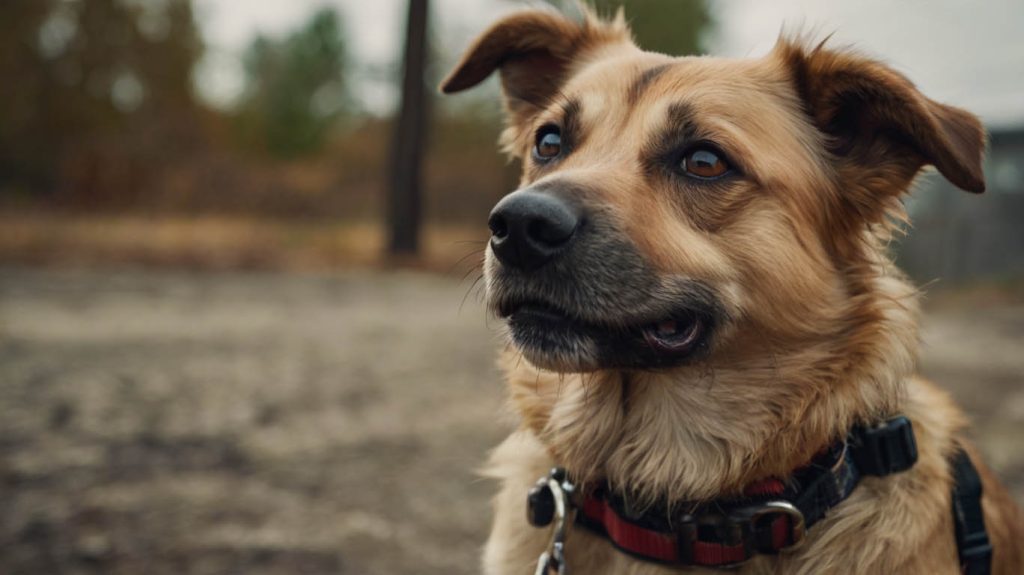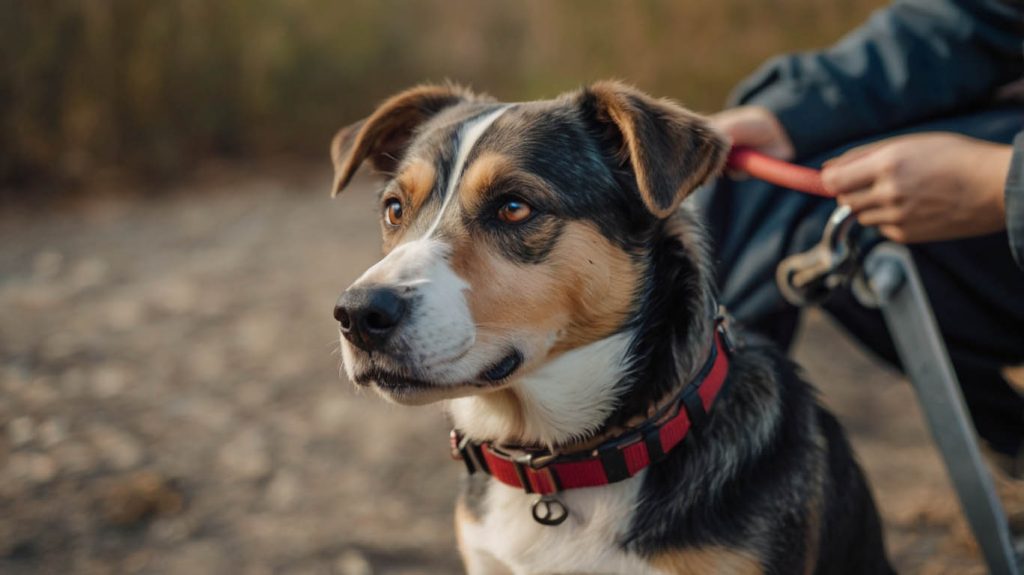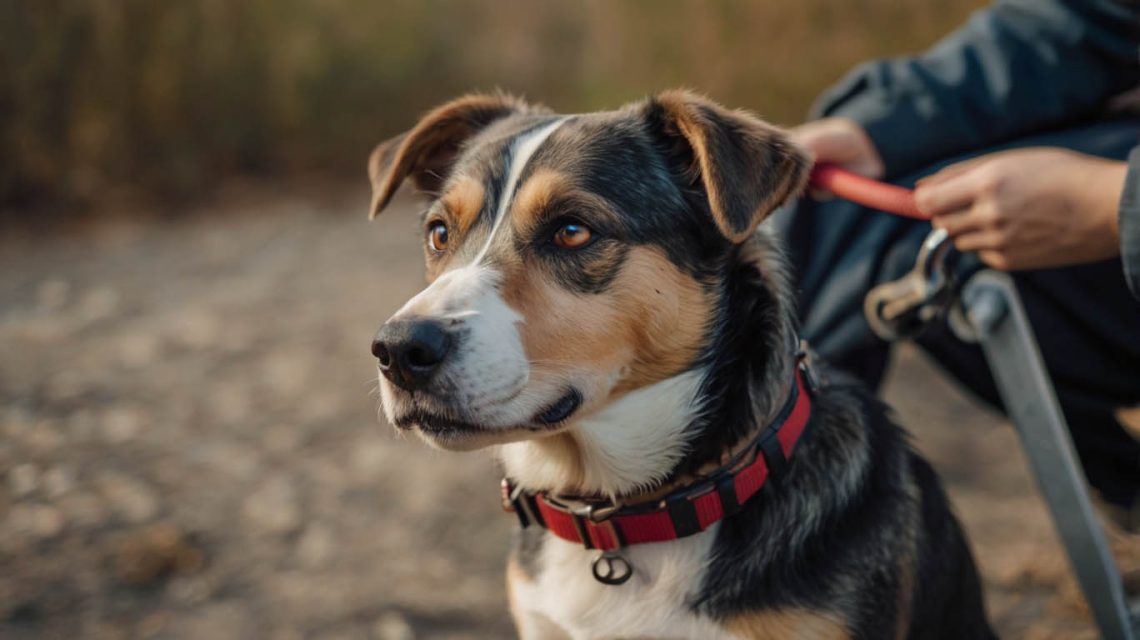Handicap Dog Rescue: A Guide to Supporting Perfectly Imperfect Pups
In the world of animal welfare, there are heroes who specialize in the forgotten. They are the ones who see a dog with a missing leg, a cloudy eye, or a wheeled cart, and they don’t see a “broken” animal. Instead, they see a resilient spirit deserving of a second chance. These heroes run a special kind of organization: the handicap dog rescue.
For many people, the thought of adopting a dog with a physical challenge is intimidating. They worry about the costs, the care, and the emotional toll. Consequently, these amazing dogs often wait the longest in shelters, if they are given a chance at all. This is where a handicap dog rescue steps in, providing a vital safety net. Therefore, this guide is designed to shine a bright light on their life-saving work, explore the incredible dogs they champion, and show you how you can become a part of their compassionate mission.
The Unique Mission of a Handicap Dog Rescue
A handicap dog rescue is a specialized, often non-profit, organization that focuses on rescuing, rehabilitating, and finding loving homes for dogs with significant physical or medical challenges. They are experts in hope and second chances.

How They Differ from a Traditional Shelter
- Specialized Expertise: They are uniquely equipped to handle complex medical cases. They have strong relationships with veterinary specialists and are experienced in managing conditions that a general shelter may not have the resources for.
- Dedicated Foster-Based Care: Most handicap dog rescue groups are foster-based. This means their dogs live in loving homes rather than stressful kennels. This is crucial for a dog’s physical and emotional healing.
- Focus on Rehabilitation: Their work doesn’t stop at rescue. They often provide physical therapy, hydrotherapy, and custom-fitted mobility aids like wheelchairs to help each dog reach their full potential.
- In-Depth Adoption Process: They take great care to match their dogs with adopters who are fully prepared for their unique needs, ensuring a successful and lifelong placement.
The Inspiring Dogs You’ll Find at a Handicap Dog Rescue
The term “handicapped” can describe a wide range of conditions, but it never describes the size of a dog’s heart.
“Tripods”: The Three-Legged Champions
Dogs who have lost a limb due to injury or illness are often called “tripods.”
- What to Expect: Most tripods adapt with breathtaking speed. They learn to run, play, and navigate their world with joy and surprising agility.
- Primary Care Need: The most important aspect of their ongoing care is maintaining a healthy, lean body weight to minimize stress on their remaining joints.
Blind or Visually Impaired Dogs
These remarkable dogs “see” the world with their incredible sense of smell and hearing.
- What to Expect: A blind dog thrives on a predictable routine. They will quickly create a “mental map” of your home and navigate it with confidence.
- Primary Care Need: Your main role is to keep their environment consistent and safe. This means not moving furniture around and using gates to block potential dangers.
Deaf or Hearing-Impaired Dogs
A deaf dog “listens” with their eyes and is incredibly observant of their surroundings.
- What to Expect: Many owners find deaf dogs are wonderfully easy to train because they are not easily distracted by noise.
- Primary Care Need: You will need to learn and use visual cues and hand signals for communication. Extra safety precautions, especially on walks, are also essential.
“Wheelie Dogs”: Pups with Mobility Impairments
Dogs with paralysis or other mobility issues often use a custom-fitted cart to get around.
- What to Expect: A dog in a well-fitted wheelchair is not handicapped; they are enabled. They can run, play, and live a life full of adventure.
- Primary Care Need: This is a more hands-on commitment. They may need help getting in and out of their cart and, depending on their condition, may require assistance with bladder expression (a simple technique that a handicap dog rescue will teach you).

How You Can Support a Handicap Dog Rescue
These organizations operate on a shoestring budget and a surplus of passion. They rely entirely on the generosity of their community. Here’s how you can help.
Adopting from a Handicap Dog Rescue
This is the most direct and impactful way to support their mission. By adopting, you give a deserving dog a loving home and simultaneously open up a foster spot for the next dog in need.
Fostering: The Most Critical Volunteer Role
Foster homes are the lifeblood of a handicap dog rescue.
- What It Is: You provide a temporary, safe home for a dog while the rescue covers all medical expenses.
- Why It’s Vital: Fostering allows a dog to recover from surgery or trauma in a calm, loving environment. It also gives the rescue invaluable information about the dog’s personality, which is crucial for finding the perfect forever home.
Donating and Volunteering
- Donate: Veterinary bills are, by far, their biggest expense. Every dollar donated goes directly toward life-saving medical care.
- Volunteer: These rescues often need help with transporting dogs to vet appointments, helping with fundraising events, or social media outreach.
Finding a Handicap Dog Rescue Near You
Ready to get involved? Here’s how you can find these amazing organizations.
- Online Search: Use specific search terms like “handicap dog rescue [your state]” or “special needs animal rescue near me.”
- Petfinder.com: This major adoption website allows you to filter your search to specifically look for animals with “special needs.” Many of these rescues list their available dogs here.
- Social Media: Follow your local humane society and other large rescue groups. They often feature and support smaller, specialized rescues in their network.
A Love That Sees a Perfect Soul
A handicap dog rescue is built on the beautiful principle that a dog’s spirit is not defined by its physical body. They see the perfect, loving soul behind the challenge. When you choose to support a handicap dog rescue, whether by adopting, fostering, or donating, you are joining a compassionate movement. You are celebrating resilience, championing the underdog, and giving a second chance to some of the most deserving dogs you will ever meet.
Have you ever adopted a handicapped dog? Share your inspiring story in the comments below!


